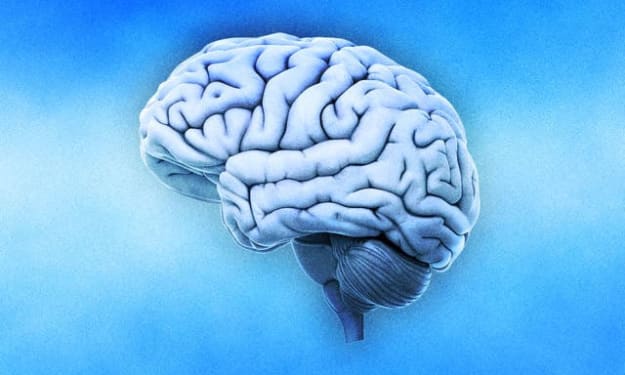The Impact of Social Media on Mental Health
Tips for Using it Responsibly and Staying Healthy Online

Social media has become a ubiquitous part of our lives. Whether we use it to connect with friends and family, stay up to date on news and current events, or share our own experiences and opinions, social media has become an integral part of how we communicate and interact with the world around us. However, the impact of social media on mental health is a topic of growing concern, with research showing that excessive social media use can have negative effects on mental health and wellbeing. In this article, we will explore the impact of social media on mental health and offer some tips on how to use social media responsibly and stay healthy online.
The Negative Impact of Social Media on Mental Health
While social media has many positive aspects, such as the ability to connect with others and share experiences, it also has negative effects on mental health. Here are some of the ways in which social media can impact mental health:
- Addiction and Dependence: One of the biggest negative effects of social media is the potential for addiction and dependence. People can become so engrossed in their social media feeds that they lose track of time and neglect other aspects of their lives, such as work, school, and personal relationships. This can lead to feelings of guilt, anxiety, and depression.
- Comparison and Envy: Social media can be a breeding ground for comparison and envy. People often share only the most positive aspects of their lives on social media, such as vacations, achievements, and happy moments. This can lead to feelings of inadequacy and low self-esteem, especially if people start comparing themselves to others and feeling like they fall short.
- Cyberbullying: Social media can also be a platform for cyberbullying. People can hide behind anonymous profiles and say hurtful things to others, leading to feelings of anxiety, depression, and even suicidal thoughts.
- Sleep Disturbances: The blue light emitted by smartphones and other digital devices can interfere with the production of melatonin, a hormone that regulates sleep. This can lead to sleep disturbances and insomnia, which can impact mental health.
Tips for Using Social Media Responsibly and Staying Healthy Online
While the negative impact of social media on mental health is concerning, it is possible to use social media responsibly and stay healthy online. Here are some tips to help you do just that:
- Limit Your Time on Social Media: One of the best ways to avoid the negative effects of social media is to limit the amount of time you spend on it. Set a specific amount of time each day for social media use, and stick to it. You might also consider taking regular breaks from social media, such as on weekends or during vacations.
- Be Selective About Who You Follow: Another way to avoid the negative effects of social media is to be selective about who you follow. Choose people and accounts that inspire and uplift you, rather than those that make you feel inadequate or envious.
- Don’t Compare Yourself to Others: It’s important to remember that social media is not a realistic representation of people’s lives. People tend to share only the best aspects of their lives on social media, so it’s easy to fall into the trap of comparison and envy. Instead of comparing yourself to others, focus on your own journey and accomplishments.
- Use Social Media to Connect with Others: Social media can be a powerful tool for connecting with others and building relationships. Use it to connect with friends and family members, and to reach out to people who share your interests or passions.
- Take Care of Your Mental Health: It’s important to take care of your mental health, both online and offline. Make sure you’re getting enough sleep, exercise, and social interaction, and seek help if you’re struggling with anxiety, depression, or other mental health issues.
Conclusion
In conclusion, social media has become an integral part of our lives, but it’s important to use it responsibly and be aware of the potential negative effects on mental health. By limiting your time on social media, being selective about who you follow, avoiding comparison, using social media to connect with others, and taking care of your mental health, you can stay healthy and happy online. Remember that social media is just one aspect of your life, and it’s important to maintain a healthy balance between online and offline activities. By taking these steps, you can use social media in a positive and healthy way.
About the Creator
Melodic Narrator
Introducing the voice that will enthrall your senses and redefine your perception of storytelling. Meet melodic narrator, the captivating maestro of Vocal.Media. Embark on a journey of enlightenment with melodic narrator.
Enjoyed the story? Support the Creator.
Subscribe for free to receive all their stories in your feed. You could also pledge your support or give them a one-off tip, letting them know you appreciate their work.






Comments
There are no comments for this story
Be the first to respond and start the conversation.